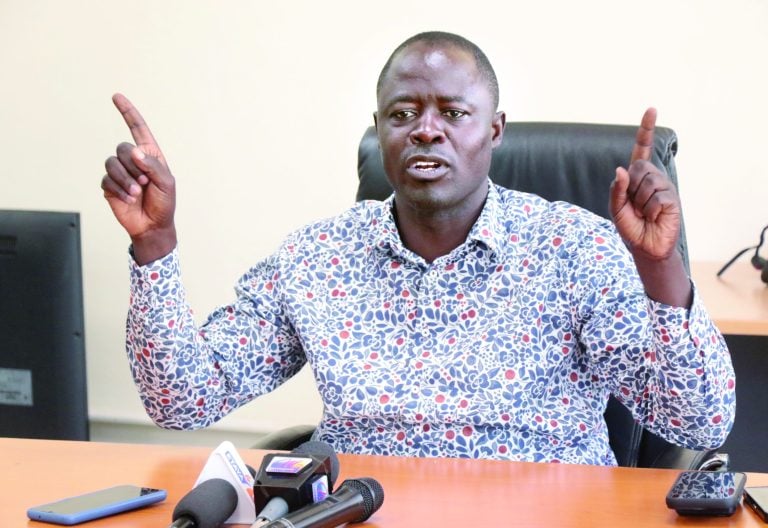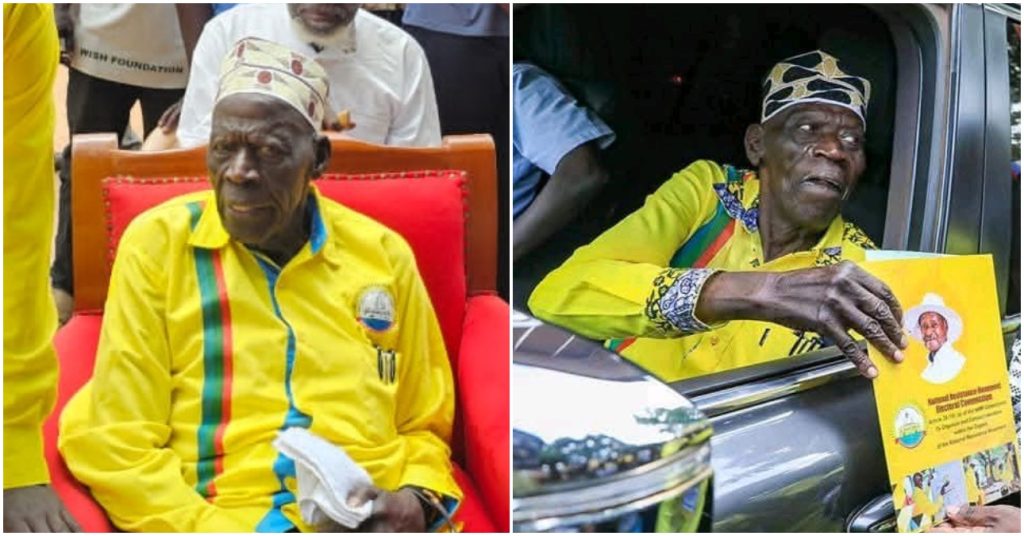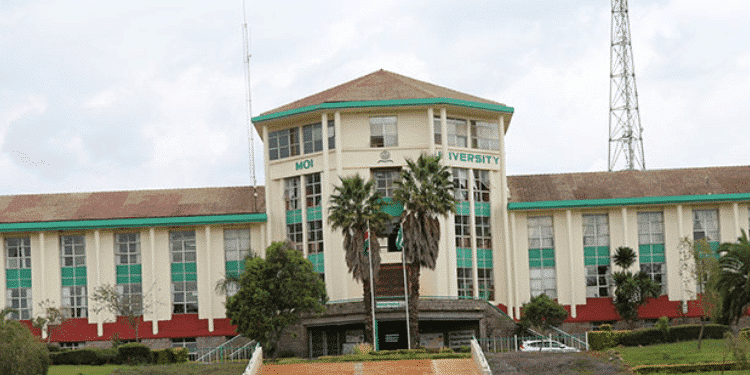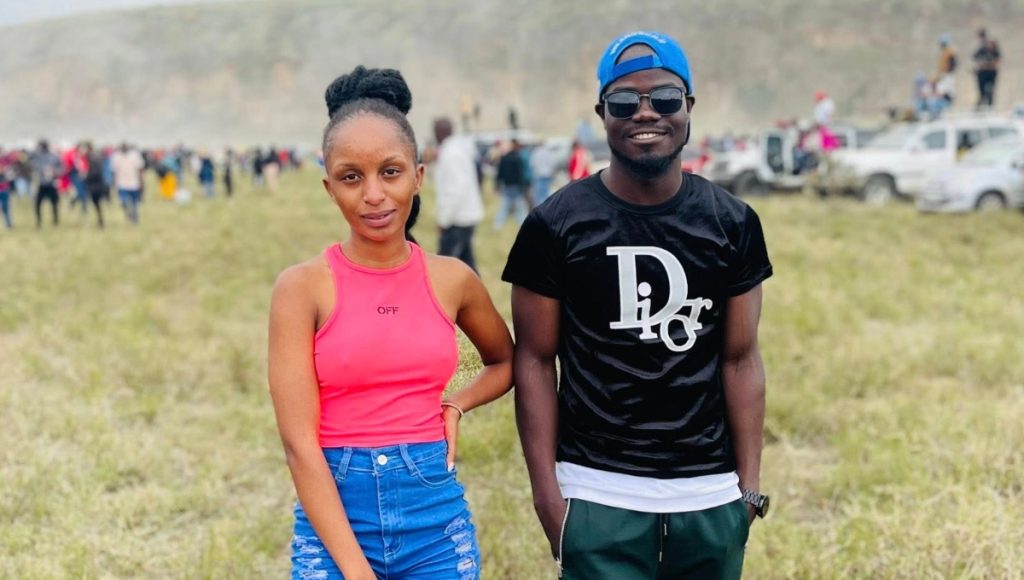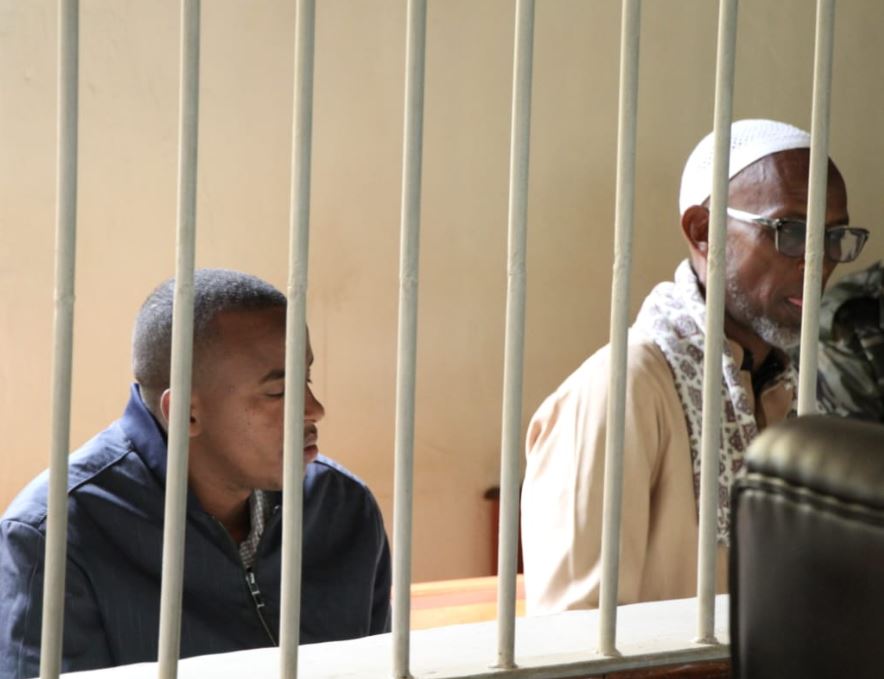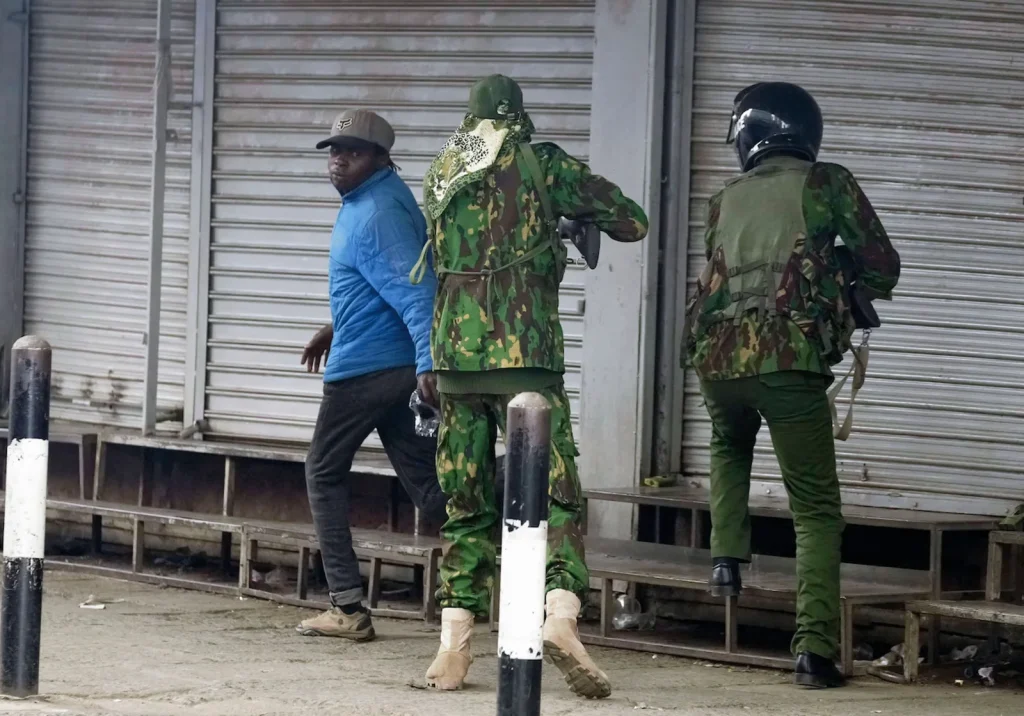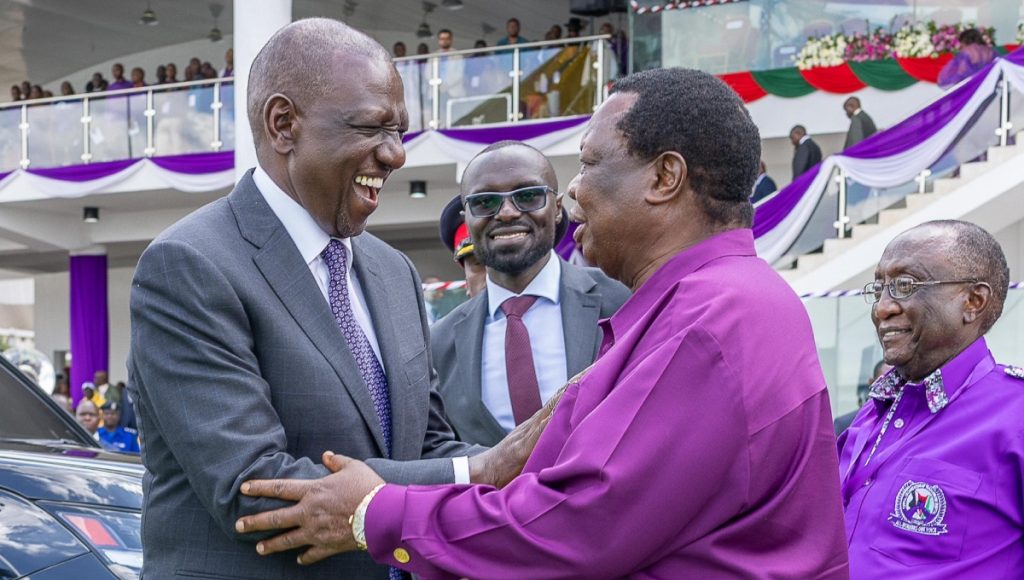Homa Bay Town Member of Parliament Peter Kaluma, has strongly criticized the BBC Africa documentary “Blood Parliament,” accusing the international broadcaster of airing content that is “twisted,” “partial,” and “reckless.” Kaluma, expressed concern that the documentary could incite violence and political chaos within the country, urging the government to take swift action against the BBC.
In a post on his social media, Kaluma condemned the documentary’s portrayal of the events that happened during the anti-tax protests. The MP argued that the documentary presented a biased view of the events.
“The role played by the media in any democracy is too important to be discharged irresponsibly. The media can either build greater democracy or destroy an otherwise stable State. The reckless portrayal of events in the ‘Blood Parliament’ documentary risks inciting chaos in Kenya,” Kaluma wrote.
The documentary, which has already sparked widespread debate across the nation identified members of Kenya’s security forces who shot dead anti-tax protesters at parliament in June 2024.
However, critics argue that the documentary takes a skewed perspective, focusing on sensationalized narratives rather than providing a balanced view of the complex matter.
In a statement, Kaluma called on the Kenyan government to withdraw BBC Africa’s broadcasting license, accusing the network of spreading misinformation.
Kaluma stated “The relevant agencies of the Government of Kenya must act fast to withdraw BBC Africa’s license in Kenya. Such reckless journalism cannot be allowed to continue unchecked.”
In the BBC documentary more than 5,000 images were analyzed to find that the protesters were unarmed and posed no threat when they were killed.
Using videos, photos and camera metadata, the BBC’s Africa Eye team was able to build a detailed timeline; focusing on three killings, they plotted the fatal shots back to a police officer and a soldier on a 3D model of parliament.



